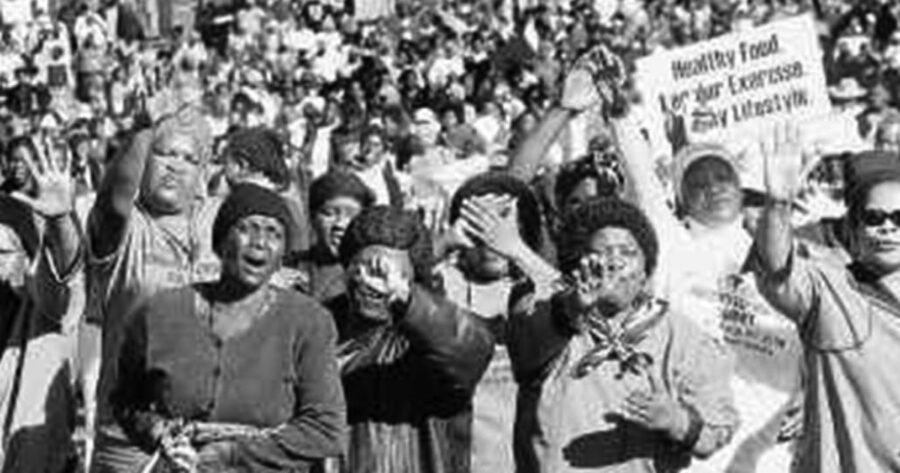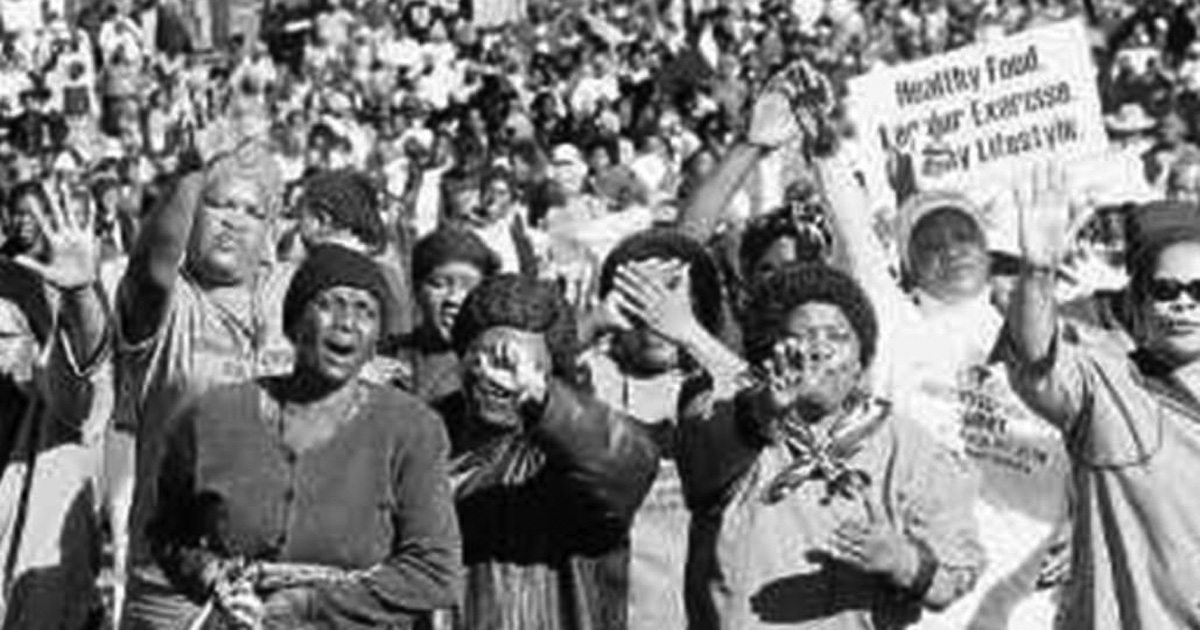
National Women’s Day is NOT About Flowers, Chocolates or Petting Your Wife on the Head
A reminder of what we are commemorating, and why it is NOT about flowers, chocolates or petting your wife on the head… writes Cape Town mom and communication consultant Kim Nicola Stephens. National Women’s Day is a South African public holiday celebrated annually on 9 August. The day commemorates the 1956 march of approximately 20,000 […]

A reminder of what we are commemorating, and why it is NOT about flowers, chocolates or petting your wife on the head… writes Cape Town mom and communication consultant Kim Nicola Stephens.
National Women’s Day is a South African public holiday celebrated annually on 9 August. The day commemorates the 1956 march of approximately 20,000 women to the Union Buildings in Pretoria to petition against the country’s pass laws that required South Africans defined as black under The Population Registration Act to carry an internal passport, known as a pass, that served to maintain population segregation, control urbanisation, and manage migrant labour during the apartheid era. The first National Women’s Day was celebrated on 9 August 1995.
Why is it necessary or relevant to have a women’s day in South Africa in 2020?
In 2019 a woman was murdered every 3 hours. President Cyril Ramaphosa declared femicide a national crisis in September 2019. There is no accurate, recent, nationally representative estimate of how many women are raped in South Africa each year, but estimates range from 1 in 4 to 1 every 29 minutes.
There were 36,597 recorded cases of sexual offences against women in South Africa in the 2018 / 2019 fiscal year. This is a broad crime category that includes rape, attempted rape, sexual assault and contact sexual offences. The unrecorded cases are probably double that, and more.
According to the ILO Global Wage reports 2018 / 2019 statistics, women continue to be paid 28% less than men.The report covered 70 countries and 80% of wage employees worldwide.
In this report, South Africa had the world’s highest wage inequality overall.
The most at risk population group in South Africa remains black women. The 1956 march was brave and a notable day in our complex history, but it did not achieve freedom or equality for the women of this country. That fight must continue as the baton of both violent and insidious suppression is shamefully passed from one generation to yet another.
Don’t send flowers.

Words: Kim Stephens
Kim Nicole Stephens is a Cape Town mom of three, and Sport & outdoor communication consultant. This post is republished on SAPeople with Kim’s kind permission. Follow Kim on Facebook for more brilliant posts like this.
